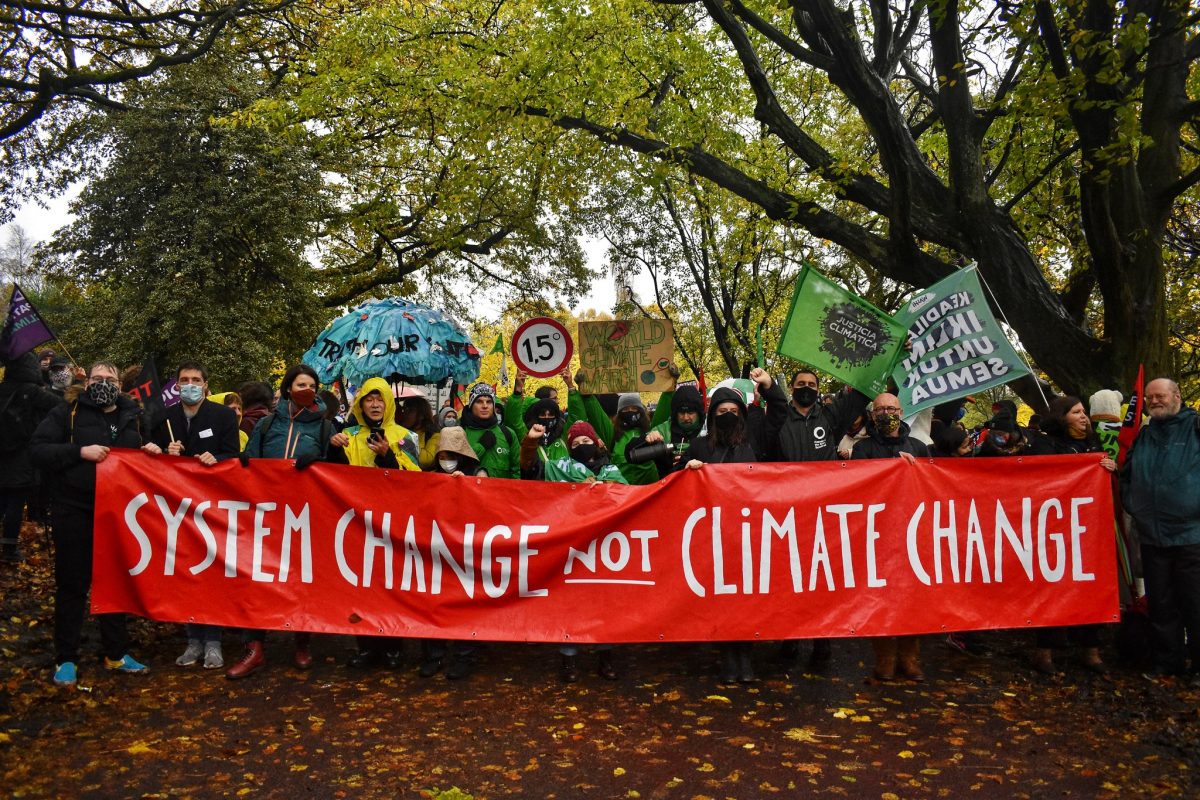
The Hunterston coal power proposal and access to environmental justice in Scotland
This is a version of a talk given at the Scottish Parliament in November 2011.
The Hunterston case was brought by Marco McGinty, a bird-watcher from Largs who visits the site on an almost daily basis. With the support from a number of NGOs, including Friends of the Earth Scotland, the local community and a solicitor called Frances McCArtney, Marco lodged a judicial review in September 2009 against the Scottish Government over the inclusion of Hunterston in the second National Planning Framework.
Last month, Lord Brailsford ruled against Marco McGinty. The case raises serious questions, not just with the Hunterston application, but with Scotland’s planning and justice system more generally.
Costs
The first is the sheer cost of taking forward a judicial review. Although he was unemployed at the time, Marco was refused legal aid. In addition, in Scotland the loser pays principle applies so you have to raise not only your own fees but those of the other side. Despite being granted Scotland’s first ever protective expenses order, where the costs for the other sides fees were capped,
the cap itself was set at £30.000. This meant having to raise his own fees plus £30.000 of the government’s fees. In total he managed to raise about £80.000. Put simply, without the huge financial and kind support from a range of outside parties, it wouldn’t have been possible to take the case.
Standing
The second major problem, and one of the points on which Marco lost, was that of ‘title and interest’. In essence, since a 1915 ruling and until very recently, Scots law has been based on private property concepts and the need to demonstrate a legal relation. Because Marco lived five miles from the site and used it for recreational purposes the Judge ruled he didn’t have ‘a real and legitimate’ or ‘real and practical’ interest in bringing the case.
Mora
The third issue, and the other point on which Marco lost, was through a legal term called Mora. In essence the Judge ruled that Marco had brought the petition too late and ought to have been aware of the National Planning Framework 2 in September 2008. He actually wasn’t aware of the development until a public meeting in July 2009. More specifically, he should have been aware of the document where Hunterston first appeared, entitled: “National Planning Framework 2: SEA (Strategic Environmental Assessment) Supplementary Assessment of the environmental effect of candidate national developments; Environmental Report, annex 2: Consultation Paper.” This paper wasn’t advertised anywhere in the local area and attracted only 26 responses. For me, this issue boils down to that of consultation and where you put the blame. Do you place it on public authorities for failing to consult or do you put it on membes of the public for failing to know about matters affecting them?
Implications
So what next? An appeal has been lodged and is on hold awaiting an application for legal aid. This could take some time. Promisingly since the judgement was made, Scots law has changed with regards to title and interest. This follows a Supreme Court judgement whereby, following a written intervention by Friends of the Earth Scotland, Lord Reed ruled that title and interest was rooted in private law concepts, which was having a damaging effect on public law in Scotland, and should be replaced with a broader understanding based around sufficient interest.
There are other things moving particularly in relation to costs including various government consultations and the European Court of Justice infractions against the UK Government’s compliance.
Better access to justice isn’t simply about opening up the floodgates and letting anyone and everyone object. Practice from other jurisdictions suggest that isn’t the case. It is about providing a credible threat of legal action if public authorities or developers don’t consult properly. Better access to justice should mean better consultation.
